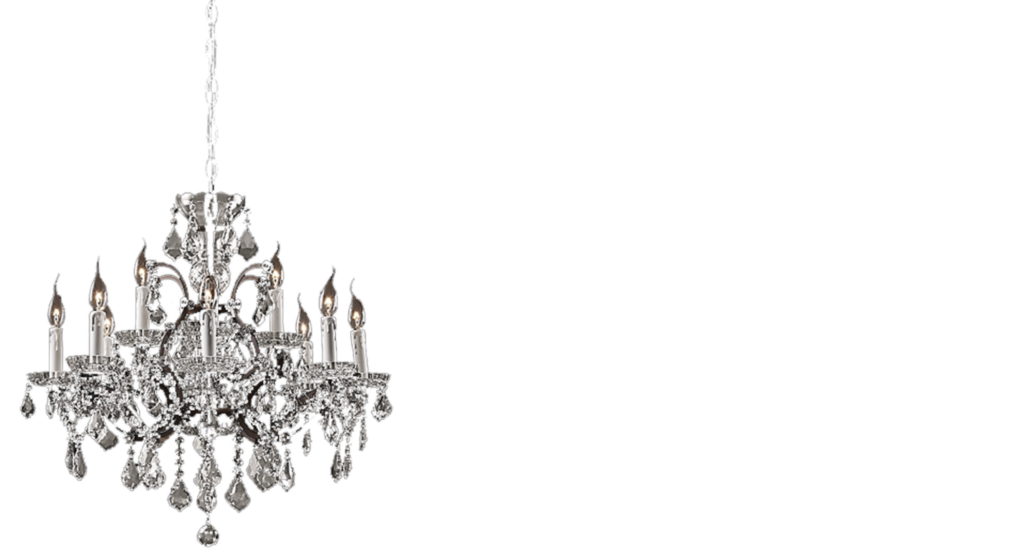
Our Latest Blogs

What is Telepsychiatry? – A Deep-Dive into Telehealth for Mental Health
Telepsychiatry is a specialized form of telemedicine that delivers high-quality psychiatric care through telecommunications technology. By leveraging videoconferencing and other interactive tools, telepsychiatry enables mental health professionals to provide psychiatric services, such as evaluations, medication management, and psychotherapy, to patients in the comfort of their own homes. This approach eliminates

Can Ozempic Cause Depression?
Ozempic, a brand name for semaglutide, is a GLP-1 receptor agonist primarily prescribed for type 2 diabetes management and weight loss. Like other GLP-1 medications, it works by mimicking the glucagon-like peptide-1 hormone, which helps regulate blood sugar levels and control cravings. However, recent discussions in psychiatry and healthcare circles

Can Melatonin Cause Anxiety? – What You Might Not Realize
Melatonin, a hormone produced naturally by the pineal gland, plays a critical role in regulating the sleep-wake cycle, also known as the circadian rhythm. It is commonly used as a supplement to help with sleep disorders such as insomnia, jet lag, and shift work-related sleep disturbances. While melatonin supplements are

How to Help a Depressed Spouse – Here’s How to Help Them
Supporting a depressed spouse can be challenging, but your care and understanding can make a big difference in their journey toward improved mental health. Start by educating yourself about signs of depression and depressive symptoms such as loss of interest, changes in sleep patterns, and feelings of worthlessness. Recognizing these

Why Does My Room Make Me Depressed? – Understanding the Cause of Your Depression
Many people are surprised to find that their living environment, including something as personal as their bedroom, can significantly impact their mental health. Our surroundings influence everything from mood to mental well-being, and the state of a bedroom can play a role in triggering or exacerbating feelings of depression. From

Unipolar Mood Disorder – What is It and How to Find Treatment
Unipolar mood disorder, often referred to as unipolar depression or major depressive disorder (MDD), is a mental health condition characterized by a persistently low mood and a lack of interest in previously enjoyed activities. Unlike bipolar disorder, which involves shifts between depressive and manic episodes, unipolar mood disorder is marked

















